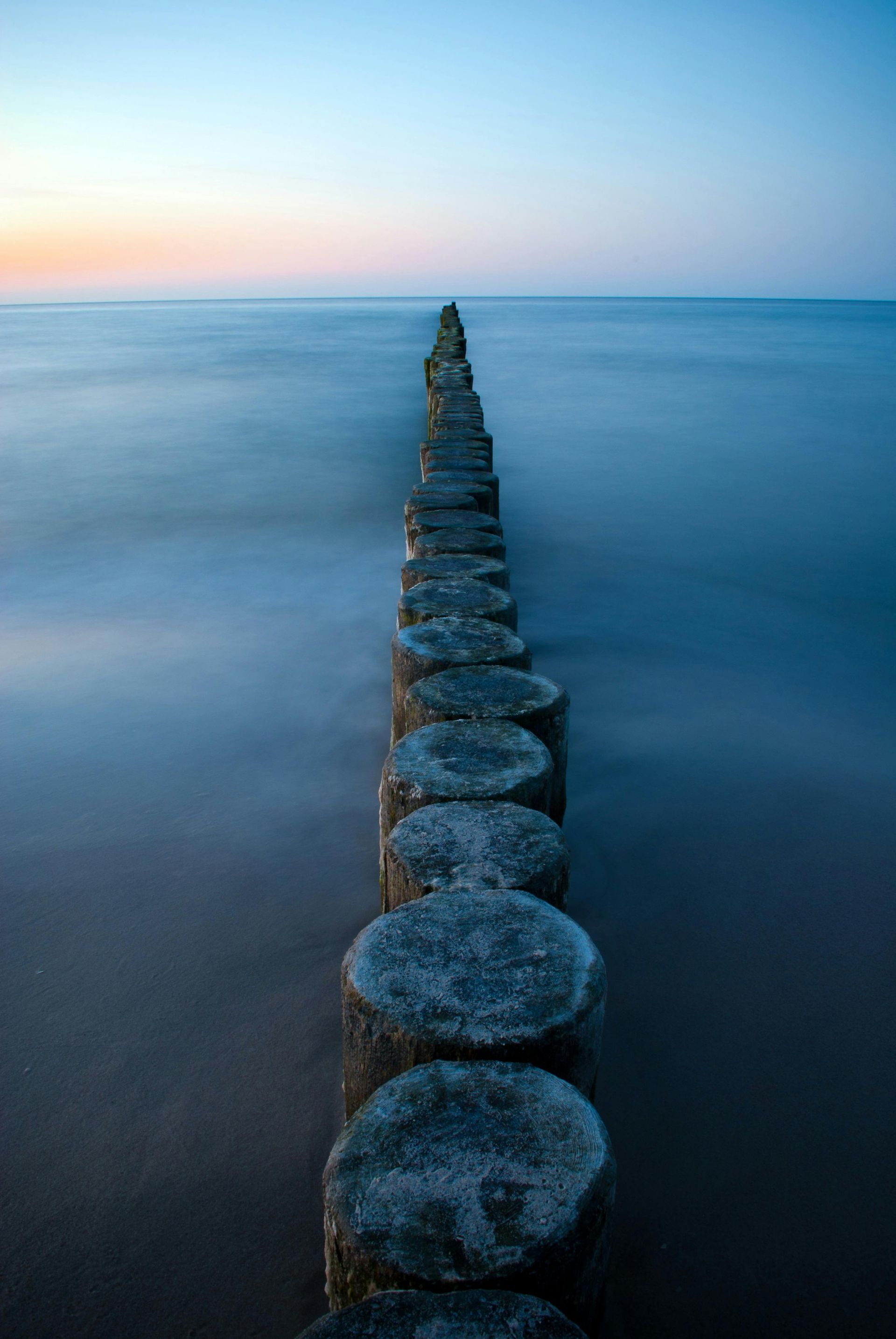EU will propose new law to make nature restoration legally binding in the EU
Nature as we know it is heading towards extinction. And it’s because of human activity. Logging, intensive agriculture and overfishing have pushed one million animal and plant species to the point where they’re hanging by a thread. The European Commission will propose a new law to make nature restoration legally binding for EU countries. But as it stands, there is no definition of what this will actually mean.
Right now, the Commission is asking the public to give their opinion on what nature restoration across the EU should look like, which is open for feedback until the 5th of April 2021.
BirdLife Europe, the European Environmental Bureau and WWF European Policy Office, have now launched #RestoreNature – a campaign demanding to restore nature across Europe now. [1] The message to the European Commission is simple: Only through meaningful, transformative change at land and sea can we bring back the biodiversity we desperately need. It will help us to mitigate and adapt to the climate crisis, and prevent the future spread of diseases.
Through the #RestoreNature campaign citizens from both within and outside the EU can demand that the EU develops a good law that can help reverse the fate of nature in Europe, and beyond and start giving land, sea and water back to nature.
This EU law can be a real game-changer for people and nature, but only if it is grounded in science. Failing that, it risks ending up an empty green-washing tool.
This is about the survival of our precious wetlands, peatlands, grasslands, forests, floodplains, rivers, and oceans. But it is also about our climate, our health, and the survival of humankind. Protecting what is left is needed but won’t cut it. We also need to bring nature back. We must #RestoreNature now. Our survival depends on it.
CCB joined the campaign [2] on its social media pages: “We are in the midst of a sixth mass extinction with species disappearing at more than 100 times the natural rate, right before our own eyes, with disastrous consequences for our climate, our health, and our wellbeing”.
______________________________________________________________________________

